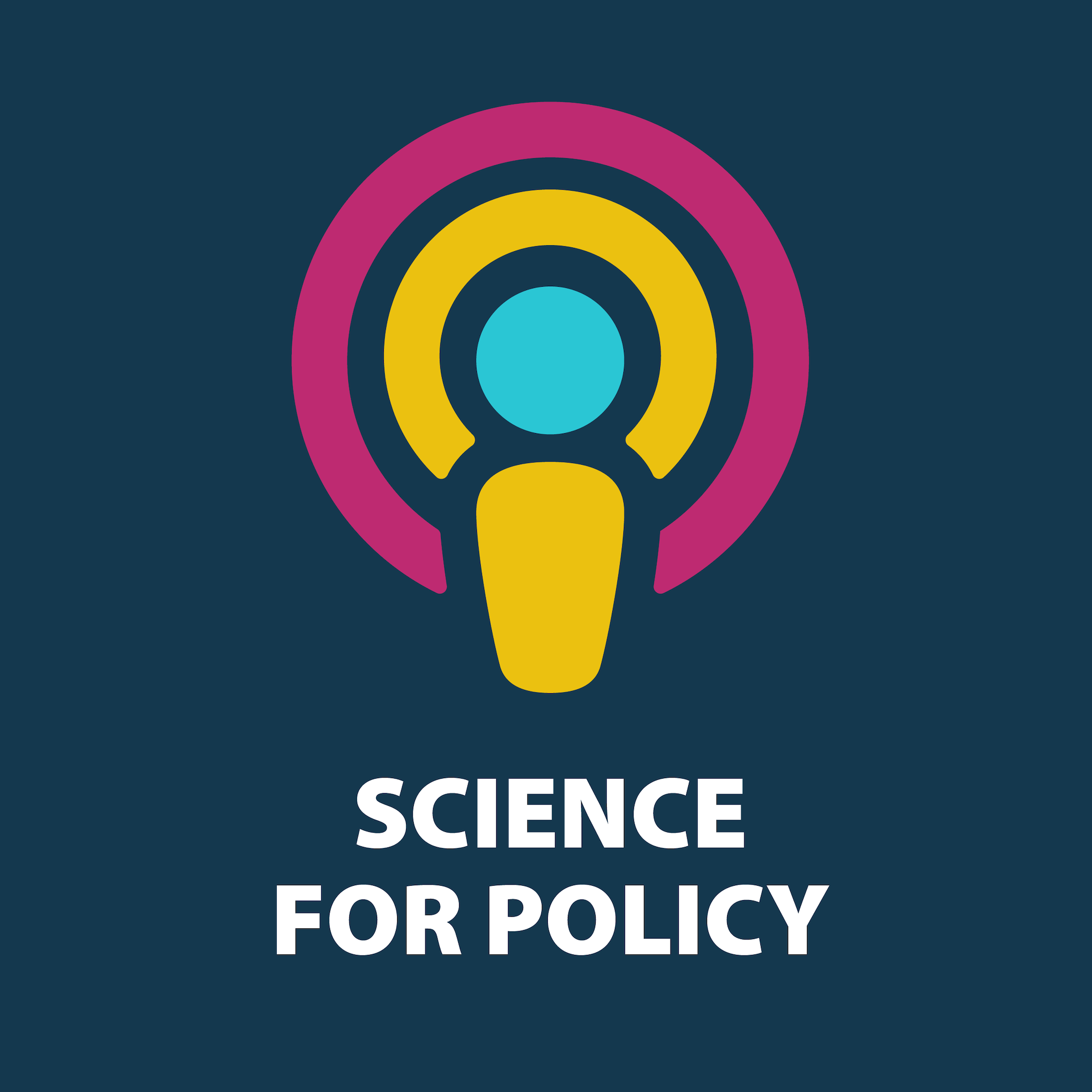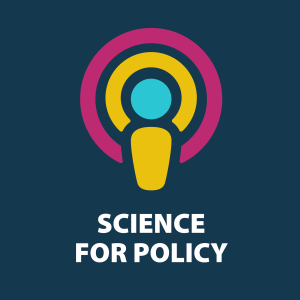
How far should we rely on science to make political decisions? What makes a good science advisor — or a good science advice system? What do we do when the evidence is incomplete or controversial? What happens when science advice goes wrong and how can we fix it? We explore these questions, and many more, in conversation with the researchers, policymakers and communicators who make science advice happen around the world. The Science for Policy podcast is produced the Scientific Advice Mechanism to the European Commission and hosted by Toby Wardman. The many and varied opinions expressed on this podcast are those of the guests themselves. They do not necessarily represent the views of SAPEA or the European Commission.
Episodes

Monday Dec 13, 2021
Mario Giampietro and Roger Strand on confronting uncomfortable knowledge
Monday Dec 13, 2021
Monday Dec 13, 2021
Policymakers, like the rest of us, construct narratives to understand how the world works and to justify decisions based on that. At their best, these are shaped by scientific evidence. But even the best-informed narratives must by definition leave something out — and when what is left out would challenge or undermine the narrative, this is 'uncomfortable knowledge'.
Our guests today, Mario Giampietro and Roger Strand, argue that failure to confront uncomfortable knowledge in a variety of important areas is leading to existential problems for our democratic institutions. But is it possible to escape the death spiral — and what can science advisors try to do about it?
Resources mentioned in this episode
- Keeling curve: https://keelingcurve.ucsd.edu/

No comments yet. Be the first to say something!